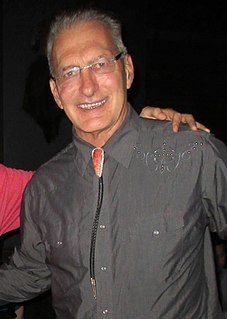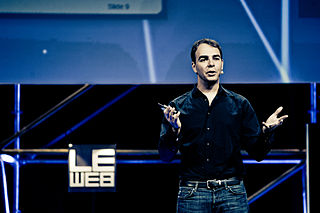A Quote by Joe Bob Briggs
Apparently we love our own cell phones but we hate everyone else's.
Quote Topics
Related Quotes
One metaphor for how we are living is that you see so may people with cell phones. In restaurants, walking, they have cell phones clamped to their to heads. When they are on their cell phones they are not where their bodies are...they are somewhere else in hyperspace. They are not grounded. We have become disembodied. By being always somewhere else we are nowhere.
The cell phone has transformed public places into giant phone-a-thons in which callers exist within narcissistic cocoons of private conversations. Like faxes, computer modems and other modern gadgets that have clogged out lives with phony urgency, cell phones represent the 20th Century's escalation of imaginary need. We didn't need cell phones until we had them. Clearly, cell phones cause not only a breakdown of courtesy, but the atrophy of basic skills.
I'm at the doctor's office. I'm in the waiting room. And there's this guy on his cell phone, talking really loud. Does he think he owns the place? Apparently. I think this is so offensive. But you have to remember: It doesn't take a cell phone to make people rude. People were rude before there were cell phones.
Music. I could not go without that. My mind would not let me be without music. I hiked the trail in 1995 - before there were iPods or music on our cell phones or even cell phones. So I was truly out there with just my thoughts. After a few days there was a continuous loop of songs playing silently in my mind.
Everyone knows, or should know, that everything we type on our computers or say into our cell phones is being disseminated throughout the datasphere. And most of it is recorded and parsed by big data servers. Why do you think Gmail and Facebook are free? You think they're corporate gifts? We pay with our data.



































